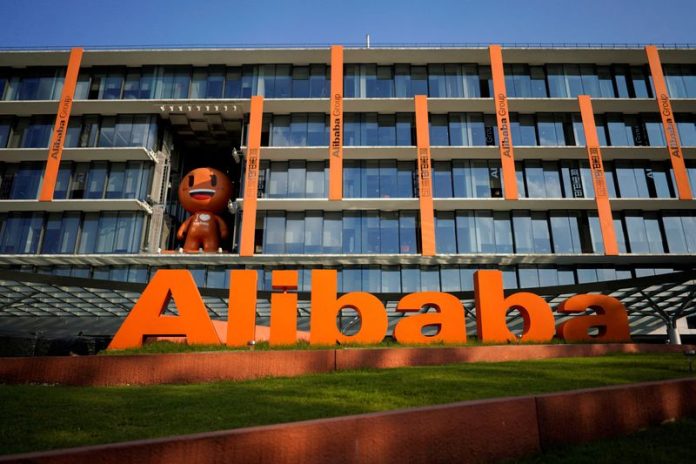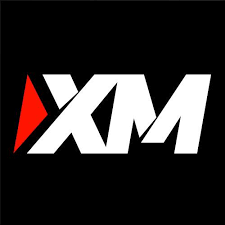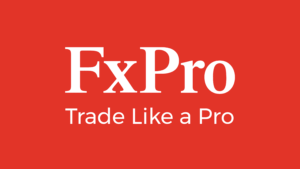By Scott Murdoch and Donny Kwok
HONG KONG (Reuters) -Alibaba Group and Tencent shares rose in Hong Kong on Monday after China’s $984 million fine against the Jack Ma-founded Ant Group appeared to signal the end of a regulatory crackdown on the country’s technology sector.
Following the penalty on Friday, the Alibaba (NYSE:BABA) affiliate announced an up to $6 billion share buyback that values the fintech at a 75% discount to the valuation touted in an abandoned initial public offering (IPO) plan, but is seen as providing liquidity and certainty to investors.
The abrupt shelving of Ant’s IPO in late 2020 had heralded the start of a wide-ranging clampdown by Beijing on industries ranging from technology to education, as regulators sought to assert their authority over what they deemed to be excesses and bad practices emerging from years of runaway growth.
The scrutiny left decades-old firms and startups alike operating in a new, uncertain environment and wiped billions off share prices, ensnaring companies from online retail giant Alibaba to gaming company Tencent and food delivery group Meituan.
Alibaba’s Hong Kong-listed shares closed up 3.2%, beating a 0.6% rise for the benchmark Hang Seng index. Tencent shares closed up 0.7%.
Besides Ant, the Chinese authorities also announced on Friday they had fined Tencent’s online payment platform Tenpay nearly 3 billion yuan ($414.88 million) for committing violations in areas such as customer data management.
The People’s Bank of China (PBOC) said on Friday that most of the prominent problems for platform companies’ financial businesses had been rectified and regulators would now shift their focus from focusing on specific companies to overall regulation of the industry.
“We view this announcement a key milestone for a regular, clear, and visible regulatory environment for China’s internet companies,” Huatai Research analysts wrote in a note to clients.
ANT GROUP VALUATION SLASHED
Alibaba, which spun off Ant 11 years ago and has a 33% stake, said on Sunday it was considering whether to participate in the buyback that would transfer shares to an employee incentive scheme.
Ant’s major shareholders, Hangzhou Junhan Equity Investment Partnership and Hangzhou Junao Equity Investment Partnership, which collectively hold more than 50% of its shares on behalf of the company’s executives and employees, will not participate in the buyback, it said.
Ant said on Saturday it proposed to repurchase up to 7.6% of its equity interest at a price that represents a group valuation of about $78.5 billion.
That compared to the $315 billion valuation in 2020 for what was set to be the world’s largest IPO, had it not been derailed at the last minute by Chinese regulators.
Ant and its subsidiaries had violated laws and regulations in areas including corporate governance, financial consumer protection, payment and settlement business, as well as anti-money laundering obligations, the PBOC said on Friday. The fine was one of the largest ever for a Chinese internet company.
The finalisation of Ant’s penalty is seen as paving the way for the firm to secure a financial holding company licence, lift its growth rate and eventually revive its plans for a stock market listing.
However, analysts are questioning whether Ant will press ahead with a listing in the near future.
“According to the company, the reason for the buyback is providing liquidity to existing investors and attracting and retaining talented individuals through employee incentives,” said Oshadhi Kumarasiri, a LightStream Research analyst who publishes on Smartkarma.
“Ant could have achieved both these objectives through an IPO….This means IPO is essentially put on hold.”
($1 = 7.2310 Chinese yuan renminbi)




















